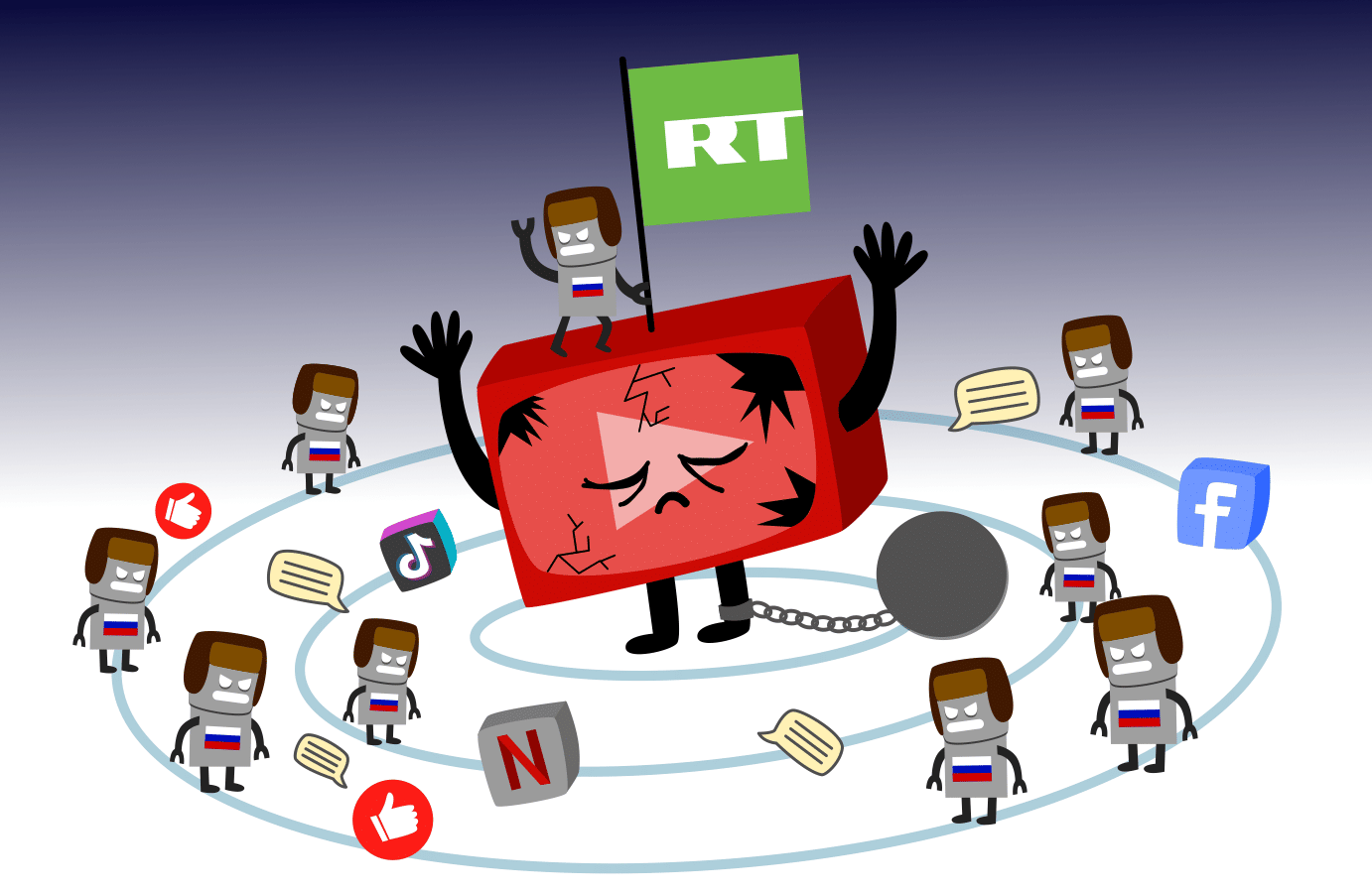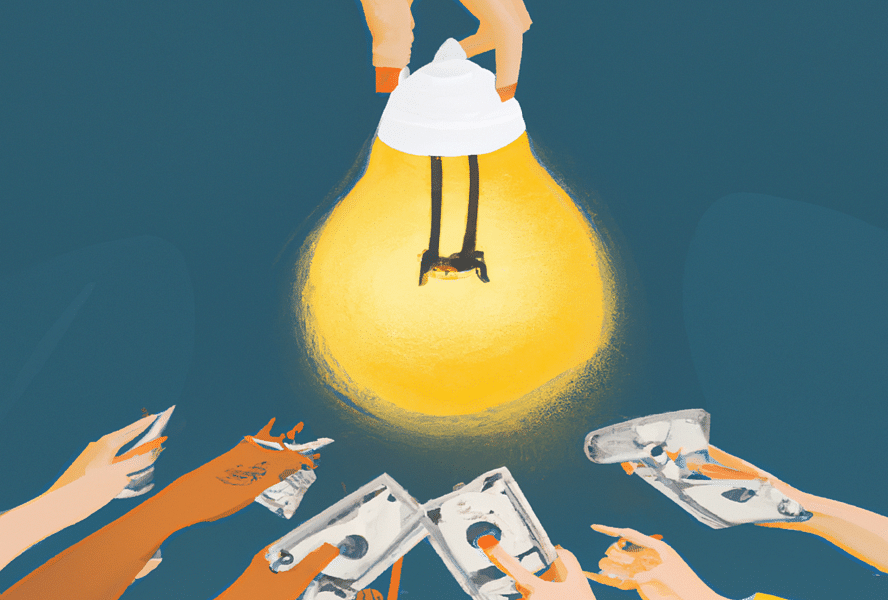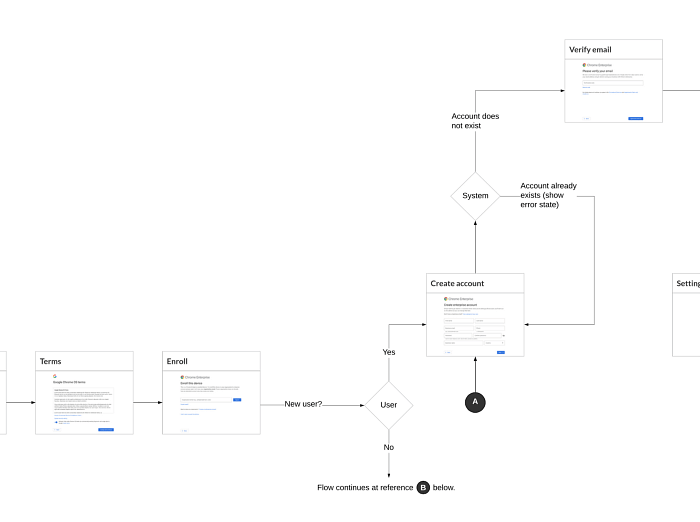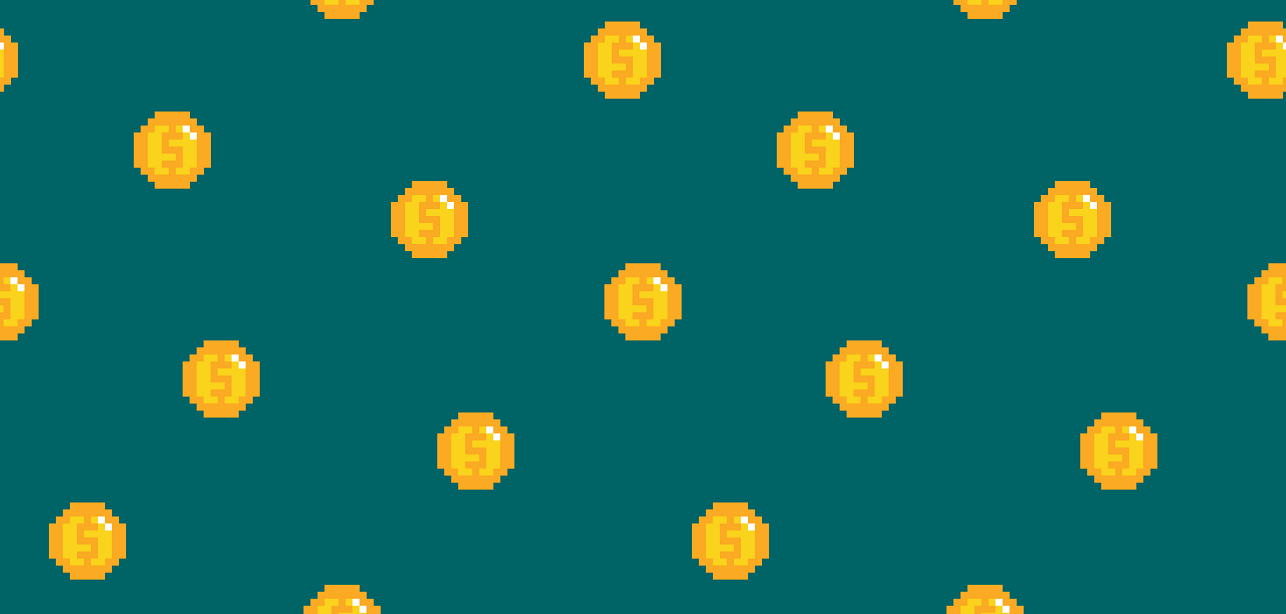
The Source is a fortnightly letter from Prototypr for its community of ~600k viewers. Written by Sophie Clifton-Tucker, The Source tackles taboo topics, exposes unseen truths, and gets the scoop on the latest in the tech and design sphere.
It feels strange going through the motions of writing a newsletter when the world appears to be falling apart at the seams. The harrowing news dominating our screens and airwaves has understandably taken a somber precedence over our daily routines.
So we won’t ignore it. We can’t. Let’s take a closer look at what’s going on in the East, and how it’s having a direct impact on the web as we know it. (And if you’re in the position to donate, we’ve included some links at the end of this article.)
Chillingly, history is repeating itself as a power-hungry dictator has set out to achieve his goal of seizing territory from another nation – by any means necessary.
The Russo-Ukrainian war began in February 2014, in the wake of ‘Euromaidan’. This month, February 2022, Russia launched a devastating attack on Ukraine by land, air, and sea, with troops reaching northern parts of the capital city Kyiv at the time of writing. US President Biden announced that Putin and his country will ‘bear the consequences’ of this assault, issuing sanctions and limitations on exports. This will have an untold effect on Russia’s economy, “both immediately and over time”. Every asset Russia has in America will be frozen. Cue the Kremlin’s deployment of bots and manipulation of Big Tech algorithms…
Kremlin ‘propaganda channel’ RT delved deep into their thesaurus as they dubbed the recent invasion a ‘special military operation’ that would ‘liberate’ land from Ukraine. Across the pond, UK Labour leader Sir Keir Starmer was having none of it, demanding that their broadcasting permissions be revoked.* However, this censoring could have a tit-for-tat ripple effect on UK journalists in Russia, as was the case for German broadcaster Deutsche Welle.
*Update: As this newsletter was published, RT’s online content was no longer accessible.
And let’s not forget the 2001 coup d’etat of independent network NTV’s headquarters by state-controlled energy company Gazprom – conveniently headed by Putin’s Deputy Chief of Staff.

The proliferation of Putin propaganda
With censoring left, right and centre, it’s hard to know which sources to trust, and dodging the disinformation on social media can feel like a dangerous game of Frogger. Whilst censorship of the truth is abhorrent, censorship of black propaganda is vital; how social media and tech firms react in the coming days and weeks will play a significant role in geopolitical conflicts – present and future.
As Bloomberg and Politico reported last week, a pressure campaign could soon mount against platforms who don’t clamp down on the spread of subterfuge, with Google’s YouTube being a prime example.
Meta, who have been long been dogged by complaints of data mismanagement and criticised for facilitating the dissemination of hate speech and untruths, last week announced the formation of a Special Operations Center in response to the unfolding military conflict in Ukraine, as well as a feature whereby people in Ukraine can lock their profile for an added layer of security (a tool that has been deployed previously in places such as Afghanistan).
A LinkedIn spokesperson told The Drum: “Like everyone else, we’re watching the developments in Ukraine, and our teams at LinkedIn are focused on keeping members safe and informed. Our team of global editors are also keeping members updated with news from trusted sources. Our safety teams are closely monitoring conversations on the platform and we’ll take action on content that doesn’t follow our Professional Community Policies. We also encourage members to report content that might violate our Professional Community Policies.”

Over on Twitter, the Twitter Safety team provided OPSEC measures to ensure self preservation in today’s digital world, but was criticised by some users of being ‘Putin’s collaborators’ for providing Russian authorities with information on anti-war activists.
Simon Miles, assistant professor at Duke University’s Sanford School of Public Policy, acknowledged Russia’s readiness to use social media manipulation: “What we will probably see is them trying to use social media tools to sow as much panic and chaos from Ukraine as they possibly can.”
But it doesn’t stop at social media. For one, US streaming giant Netflix may be forced to broadcast Kremlin propaganda. And earlier this year, Google removed videos and apps from Russia’s opposition figures following pressure from Russia’s government. Google’s commercial relationship with the Russian government runs deep. Ben Dubow, co-founder of Omelas and ex-Google employee, states that in order to expand their market into Russia, Google has “gotten into bed with really, really shady characters”.

Defending Ukraine = autoban from YouTube
Users over on Reddit have reported a flooding of Russian bots on YouTube that are reporting any accounts that speak out in favour of Ukraine/against Russia, subsequently getting them banned.
YouTube, you’re being attacked, and your human account holders are being kicked off your platform by a flood of Russian bots.
Reddit: u/Iorwerth ap Dderwen Wyllt
Google unsurprisingly deny any coordinated attack, and are calling it an “influx of unusual activity”. They must be using the same thesaurus as RT.
YouTube’s AI recommendations promoted Putin’s channel Russia Today more than 100,000,000,000 times. I worked on these recos.
The AI community can tell @SusanWojcicki to stop using our work to actively promote dictators https://t.co/DGxz1adV2w
— Guillaume Chaslot (@gchaslot) February 25, 2022
Russian agitprop collective Pussy Riot have never been a fan of being silenced. They regularly protest against Putin through their music, so it’s unsurprising that they’ve hit the headlines amidst the Russian invasion, forming part of a DAO selling NFTs to raise crypto donations for Ukraine. “If we could, we would jump under a tank to stop it,” Tolokonnikova said of the Russian invasion of Ukraine. “For multiple reasons we can’t do it right now, so we’re helping with crypto.”

Not everything viral deserves to be
As with the pandemic, which is beginning to seem like a holiday compared to today’s events, it’s all too easy to become overwhelmed with the sheer amount of (often conflicting) information, resulting in ‘internet fatigue’. But, just like Covid itself, are we to blame for the spread?
Evidence shows that information is transmitted via ‘complex contagion’, meaning the more times someone is exposed to an idea online, the more likely they are to adopt and reshare it.
The Conversation
Algorithms will follow our lead; if we like it, they’ll show us more of it. Unfortunately, the ‘wisdom of the crowds’ (or lack thereof) can often determine this for us, as things that shouldn’t go viral, do. That said, a year ago Facebook announced plans to reduce the amount of political content shown in our feeds, so there’s a start…
Here’s a screenshot of what @YTCreateurs @YouTube is hosting and recommending.
It contains titles like “disarming Ukraine”, “Russia couldn’t stand idly” and “ANONYMOUS declares cyber war on Russian government”, portraying Russia as victim or peace seeker.https://t.co/lAL9rim3Pf pic.twitter.com/RFAk9fXH3r
— Lê Nguyên Hoang 🌻 (@le_science4all) February 25, 2022

How can you help?
If you are fortunate enough to do so, here are some links to ways in which you can aid those affected by the conflict in Ukraine:
- Help Ukraine Win – A collection of vetted ways to donate and assist by practical means.
- Designers United for Ukraine – Designers across the globe are banding together to help their displaced Ukrainian colleagues by offering safety and work.
- ShelterUkrainians – A crowdfunding campaign to help shelter Ukrainians in Airbnbs.
URGENT: Opportunity to donate your marketing skills to help Ukraine. @AntonioGison
ShelterUkrainians is launching a crowdfunding campaign to help shelter Ukrainians in Airbnbs.
Need immediate help from: translators, co pywriters, PR, web designers, Gofundme experts, etc🧵
— Ashley R. Cummings (@ashleyrcummings) February 25, 2022
- IT army of Ukraine – Vice President of Ukraine announces a telegram group calling for digital talents.
We are creating an IT army. We need digital talents. All operational tasks will be given here: https://t.co/Ie4ESfxoSn. There will be tasks for everyone. We continue to fight on the cyber front. The first task is on the channel for cyber specialists.
— Mykhailo Fedorov (@FedorovMykhailo) February 26, 2022
- Donation Links from Ahmed (head of Embeds at Pitch, founder of Flawless app):
Well, that was heavy wasn’t it? Let’s end this newsletter on a high note, with the awe-inspiring story of the heroic soldiers who died defending Snake Island. The perfect example of how the web can be used as a vehicle for good, as millions of users bandied together to show their respect for these valiant soldiers. They will forever have mine.

Don’t miss out!
Here’s are some upcoming tech events that should be on your radar:




 Buy me a coffee
Buy me a coffee



